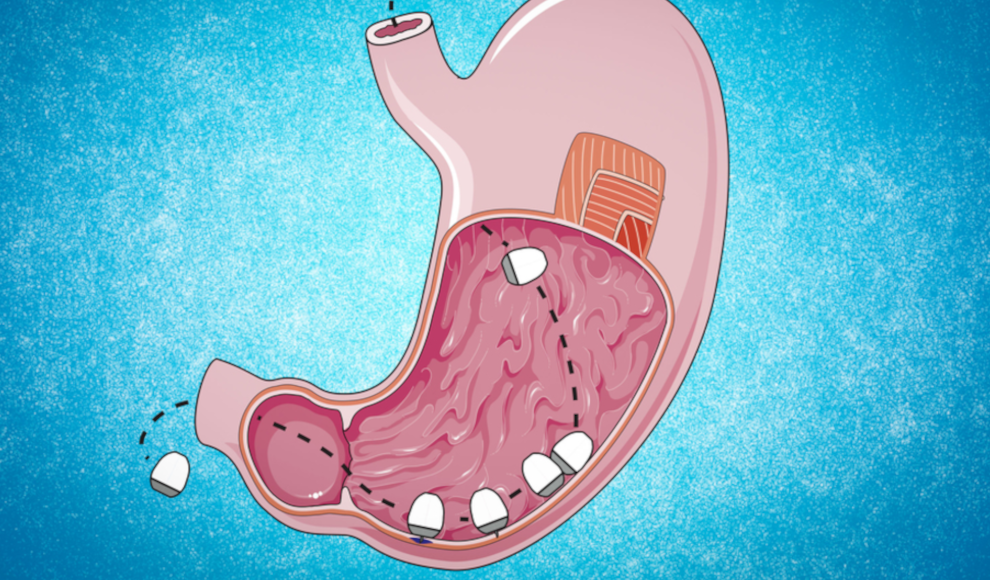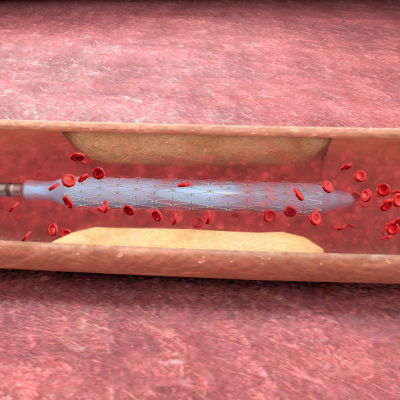A small stomach capsule has been developed that could allow for the administration of mRNA vaccines without the need for injections. Scientists at the Massachusetts Institute of Technology (MIT) have been working on a range of methods to replace injections and make daily medication unnecessary. One of their developments is a capsule that attaches to the stomach and injects drugs into the stomach wall over a longer period of time. In their latest project, the scientists have developed a method to package the sensitive mRNA in the capsule, allowing for the administration of mRNA vaccines using the capsule.
The capsule, called Soma (self-orienting millimeter-scale applicator), has been tested on pigs with the rheumatoid arthritis drug Adalimumab. The scientists were able to administer larger molecules such as monoclonal antibodies using the capsule. They then tested whether mRNA could be absorbed through the stomach lining by injecting mRNA into the stomach lining of pigs without the capsule. The cells of the stomach lining were able to produce proteins, and the mRNA was found to have reached other organs such as the liver through the bloodstream. The scientists then administered the capsule with mRNA to pigs, and two-thirds of the pigs were able to produce proteins. While the vaccine for Covid-19 has not yet been administered using the capsule, the results show that it is possible to administer vaccines using the capsule.
According to Giovanni Traverso, the stomach and intestines contain many immune cells, making it possible for a vaccine administered through the capsule to be more effective than a traditional injection. The capsule could also make it easier to administer vaccines in areas with limited medical resources or to people who are afraid of needles. The development of the capsule could be a significant step forward in the administration of vaccines and medication.










